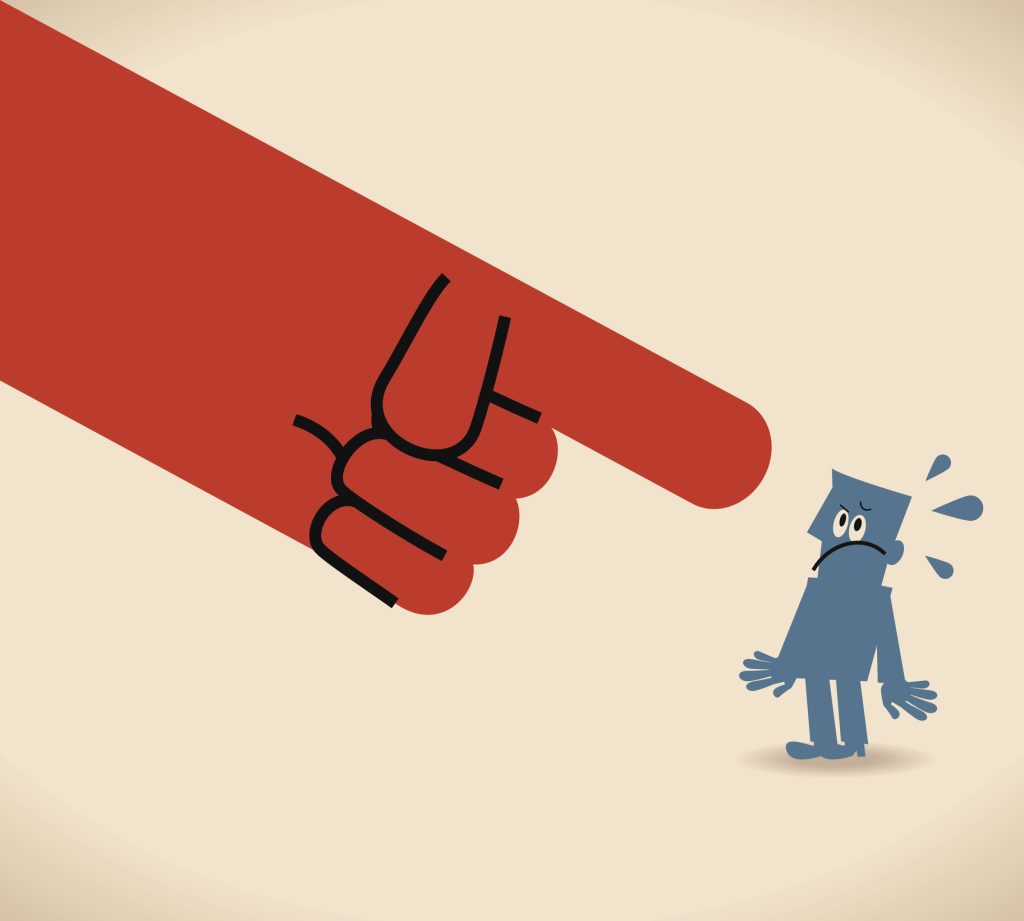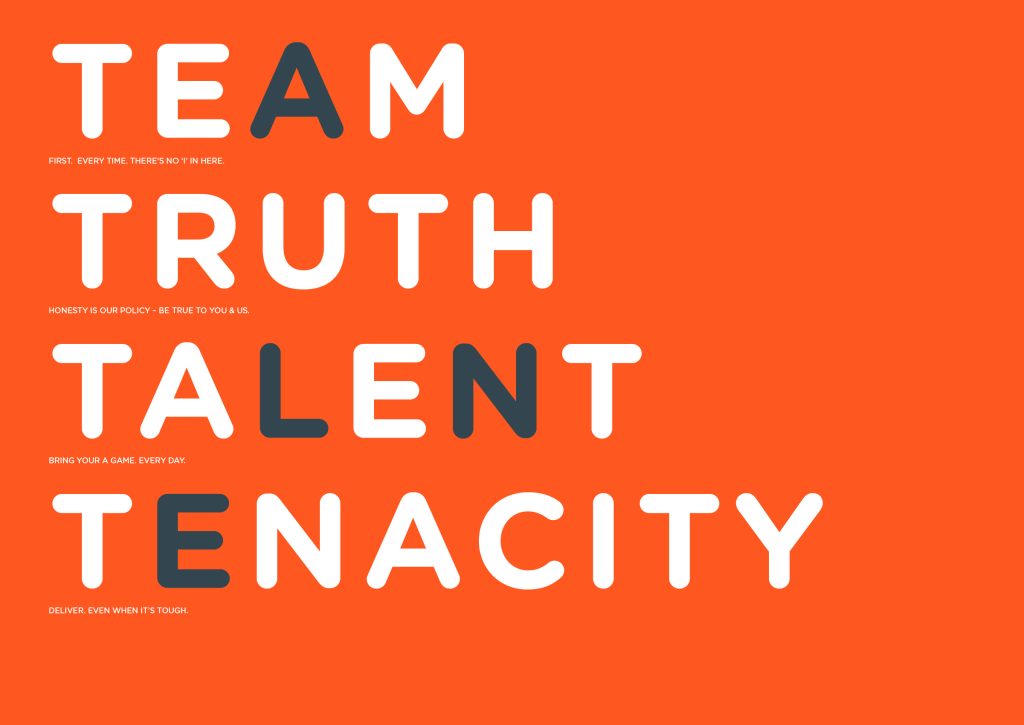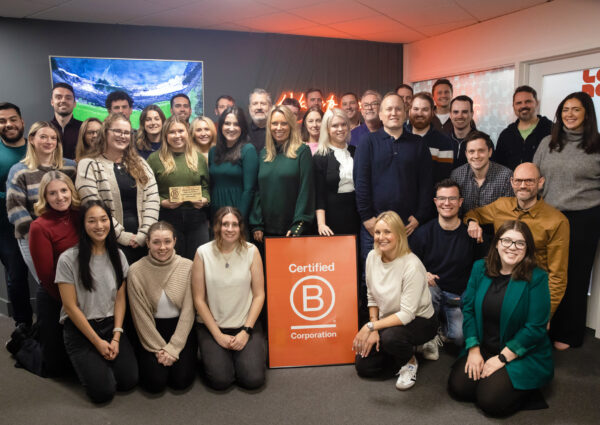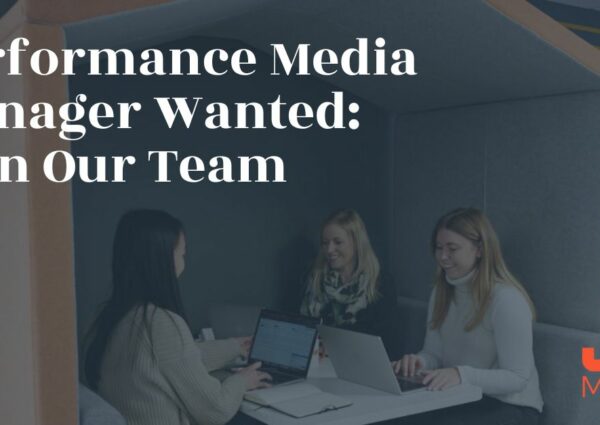Why a little love goes a long way in client and agency relationships
Ali Findlay • 19th Jan 2022
Just before the Covid pandemic struck, The Lane celebrated its 10th birthday. Predictably, the most common questions we get asked after a decade of business are along the lines of, “What’s changed over the years? How are things different from the early days?” It’s actually a really easy one to answer – we grew up. Our years of gaining insight and in-tell have informed our ideas for the better; results that can be measured have become an absolute pre-requisite rather than something of an after-thought. Decisions and strategic recommendations for clients are rooted in the experience we’ve gained and the late nights we’ve spent honing our craft. But the most important aspect to growing up in agency terms, and in life generally, is in the management of relationships. And when we say management, it’s not about getting a report done on time, it’s about working with people we respect, trust and understand; people we want to win for, and who inspire us to support them with every ounce of our energy and commitment. That’s why at The Lane, 12 years on, we say no just as often as we say yes. At times we say no to work that’s not our bag, but more often it’s because our instincts tell us it’s not going to be a healthy, honest relationship. Sometimes you can just feel it in the first phone call.

When we reviewed our own brand values a few years ago, we whittled them down to four – Team, Truth, Talent, Tenacity – everything we stand for fits under these headings, and relationships play a part in a few of them, but most importantly in ‘Truth’. Our truth is about our #Laners being true to themselves, to their team and to our clients. How we treat partners and clients is based on how we’d like to be treated ourselves. It takes time and a certain degree of self possession to be brave on this one, and to really stand by your principles. It’s about learning and gaining experience in the environments within which we do our best work. Today, we have many client relationships that work brilliantly because they have become intuitive.

David Ogilvy once said, “Clients get the advertising they deserve.” Agencies are made up of specialists, but these skilled specialists are also ordinary people. People who will do their best work when they are informed, trusted and collaborated with, respected and listened to. Good behaviour inspires them to win for their clients. Bad behaviour sends agencies into a scurry of fast responses, second guessing what their client will like, while their every instinct around the best, most inspired solution is undermined by behaviours that cut confidence off at the knee. That’s why when you grow up as an agency, you learn to not embark on a toxic client relationship, however tempting the budget; or if they’re already on board, have the courage to nip negative attitudes in the bud from the start, before they force you into releasing work you’re disappointed in before it even launches.

There’s no place for bullying in a work place, for ‘lording it’, veiled threats, withholding information, pooh-poohing ideas that could work, or threatening non-payment. And this applies to client behaviour every bit as much as it applies to the agency’s own culture. Clients ask themselves why the agency can do great work for one client but not for them. The answer will lie in the relationship and how each side treats the other. If the agency is doing great work, the problem may well lie in either the brief, or the behaviour.
So, to be a brilliant client, ask yourself:
- Have I shared all of the insight and information the agency needs to inform their response – have I really revealed the underlying reason that this project is required?
- Have I taken the time to write or share a considered brief and taken the agency through all aspects of the brief?
- Have I shared my organisation’s capacity to be bold – have I been honest about how big a change we want?
- Have I created a great working relationship where the agency feels enabled to create a full range of ideas across the whole spectrum from ‘playing it safe’ to ‘daring left field ‘and to tell the truth, share their experience and do their best work?
- Have I behaved in a way that my agency will be inspired to win for me, their client?
In Avi Dan’s article for Forbes entitled ‘Clients get the Agencies they Deserve’, Avi proclaims:
I don’t believe that there are good or bad agencies, just incompetent or skillful clients, when it comes the type of agency relations. That is why the same agency can do great work for one client and terrible work for another. Too often, a client hires an agency and then does everything in their power to limit its creativity. It is the role of the CMO to create a culture of inspiration around their business. I can tell you without hesitation that the best people in the agency will fight to work on these businesses because of this.
Creatives, consciously or unconsciously, assess their clients’ “comfort zone” and their risk tolerance, and then they try to figure out what kind of work the client would be open to. Smart advertisers push the agency to go further with the ideas they present. Having a stomach for risk is at the center of a culture of inspiration….
Therefore, you must examine your advertising development processes. Most of them are horrendous: bad briefs, too many approval points, and, endless revisions. Things that will drive good creative away.
Most clients ask for three, or even four, ideas to be brought in to the first or second meeting so that they can cover all the bases, and then advance them simultaneously down the path of research. This type of approach rarely results in great work because it’s too complex and encourages indecision. Instead, pick a horse quickly. And, then, concentrate on making it great. Be firm and kill ideas without advancing them through the meat grinder, because that approach is sure to demoralize the agency.
Great clients gain a disproportionate amount of an agency’s time and top talent, because they love working on your business and want to get you the best results. The converse is true when a client engages in ‘agency bashing’ – inadequate and sloppy briefing, endless revisions because the brief was wrong in the first place, and threatening non-payment or ridiculous deadlines to reflect their implied power. You want the agency’s time to be spent devising the best solutions for your challenge, not exhausting their creativity talking about how to manage bad behaviour.


